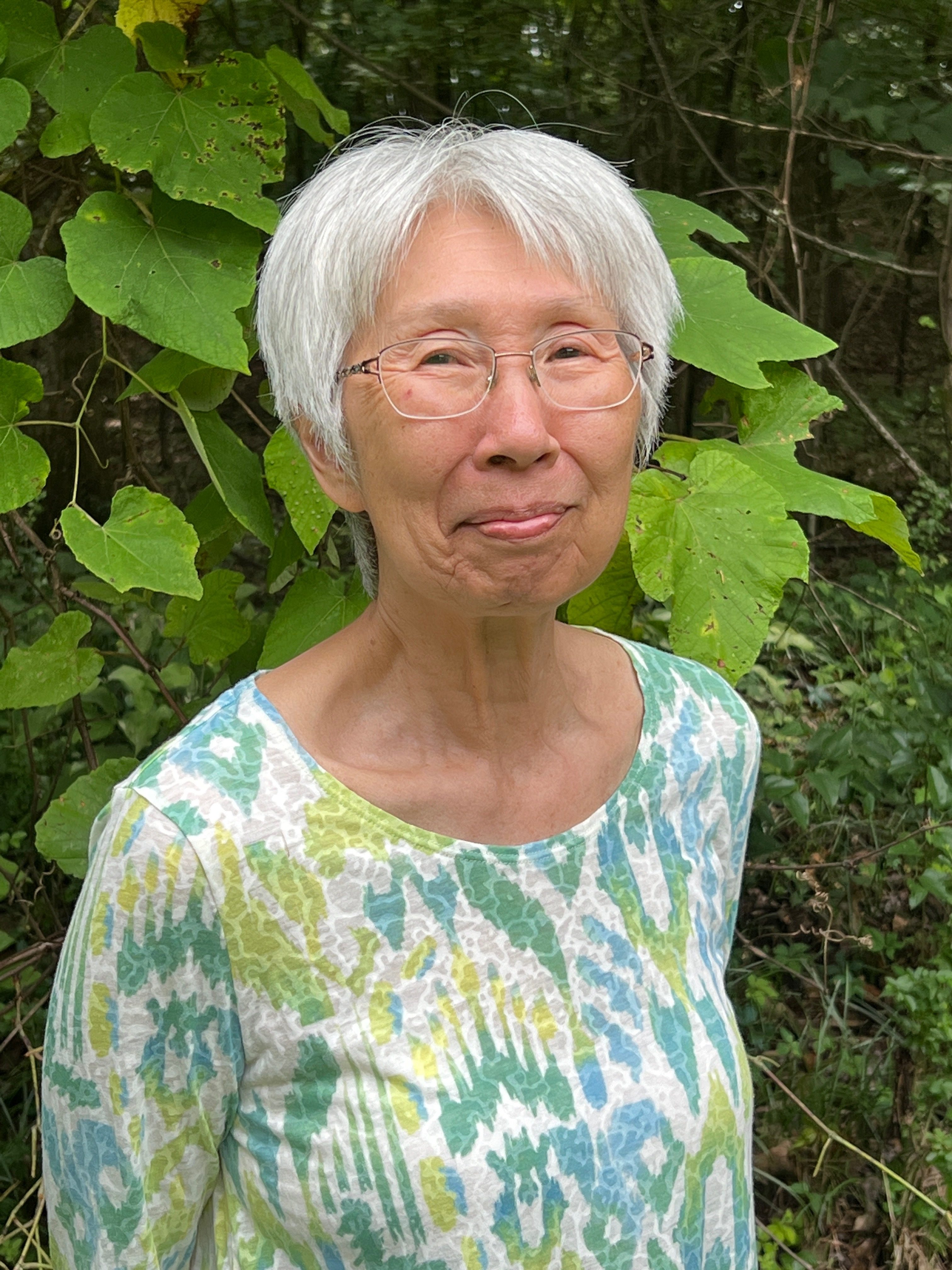Laws faced by early Chinese immigrants
Published 8:10 am Wednesday, August 2, 2023

- Emmi Dunn
Editor’s Note: This story is one of a series about Chinese immigrants in Mississippi by Memphis Chinese historian and author, Emmi Dunn, who was born in Cleveland and grew up in the Delta. For seven years, Dunn has researched and preserved the history and genealogy of Chinese families who made their mark in the Mid-South. Her main area of interest is on Chinese immigrants who spoke Cantonese.
By Emmi Dunn
Lum Ying wanted extra assurance to guarantee that his children were recognized as U.S. citizens. Born in China, Lum Ying operated a laundry with his wife in Atlanta.
According to a local newspaper article dated 1903, Lum Ying was one of the proudest fathers in Atlanta and “possessor of one of the happiest families in all America.” His three children were born in the “freest” country, and he intended to protect their native-born citizenship.
Lum wanted affidavits that attested to his children’s birth in the U.S. Lum Ying cited two reasons for this guarantee: 1) the U.S. does not allow naturalization of Chinese; there an official document was needed to establish citizenship, and 2) a “passport” so that the children could travel freely. (Note that the 1882 Chinese Exclusion Act was still active.)
The affidavit proved useful when two of the children, George and Charlie, traveled to China. The two young men returned to the U.S. in May 1922. George, age 22, and Charlie, age 24, each married women with the same name: Chiu Shee. Their names were listed on the passenger manifest and their residence as Tokchow, Sunwui, Kwantung.
George Lum settled in Portland and registered for the military in 1942. He possibly died in December 1942 of pulmonary tuberculosis. The death certificate is incomplete to corroborate that this is the same person, although the military registration had “deceased” written across it.
Charlie went to Greenville in the 1940s and married Katherine Flanning in Lake Village, Ark., although both were residents of Greenville. In 1954 when the two separated and divorced, the marriage was stated to be unlawful because of Mississippi’s anti-miscegenation law.
This was upheld by the Supreme Court of Mississippi when they affirmed the decision of the Washington County Chancery Court decision. Mississippi was one of 16 states whose anti-miscegenation law was overturned in 1967 by Loving vs Virginia.
The date of his second marriage is unknown, but he was married to Harriet Sellers until his death on Oct. 21, 1988, at age 89 or 90. His gravesite can be found at Greenlawn Memorial Gardens in Greenville.





